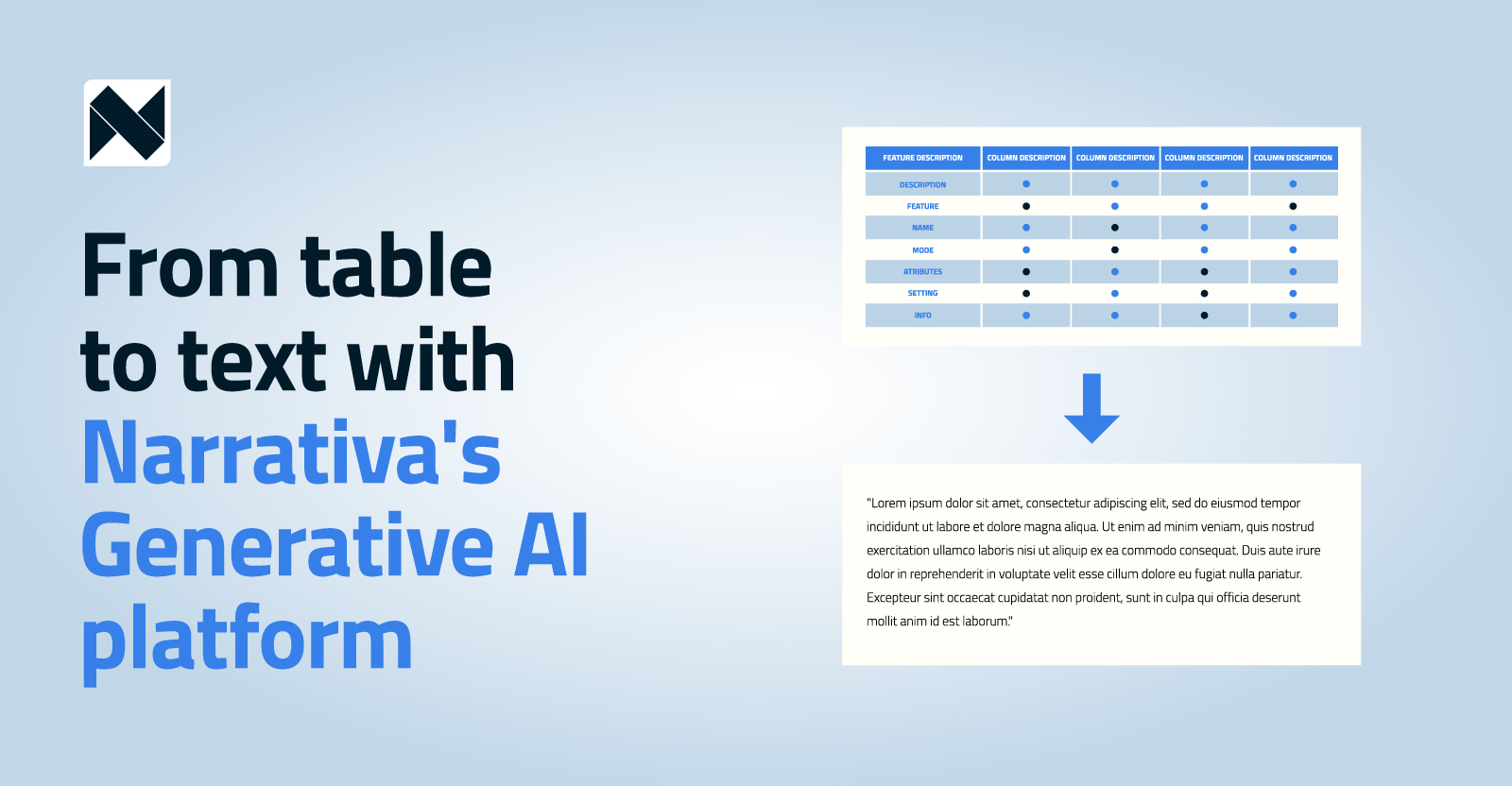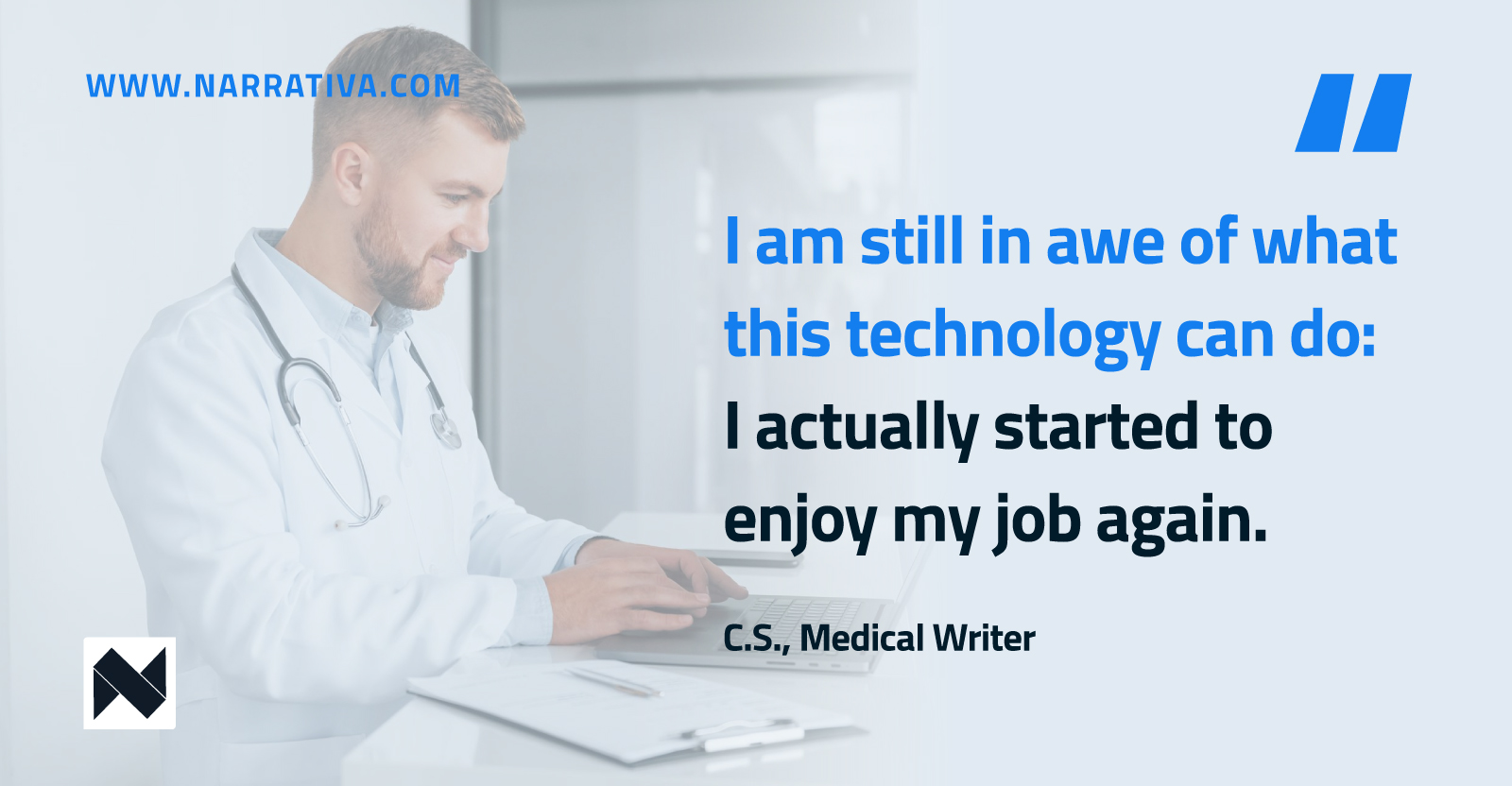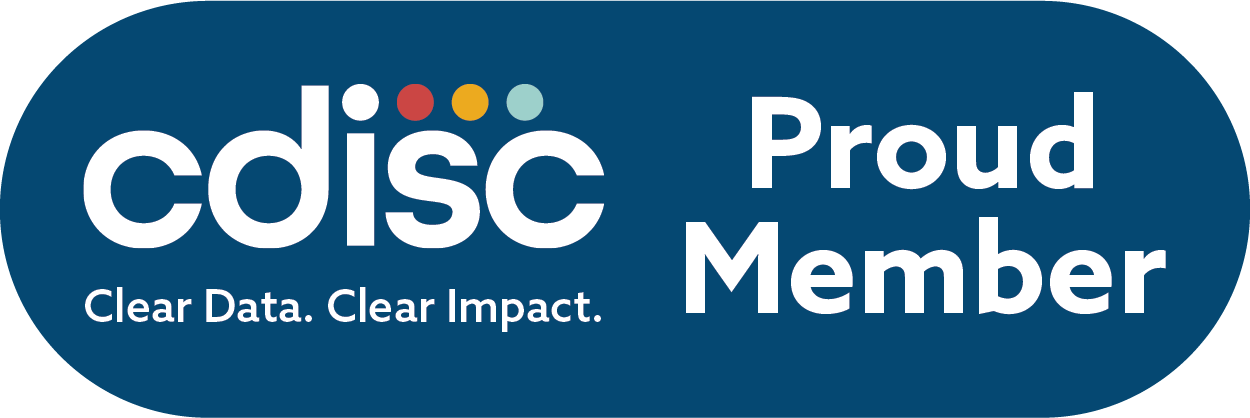January 4, 2024
The Potential of Generative AI in Accelerating Clinical Trials

By Ehab Naim
Clinical trials are lengthy, resource-intensive operations that test new therapies, devices, and treatments to determine their safety and efficacy for patients and consumers. The literature indicates that drug development is a lengthy and complex process that takes around 10-15 years from discovery to market. A significant portion of this timeline is consumed by clinical trials. Moreover, the associated cost with successful clinical trials is huge and can reach as high as $2.6 billion: The Potential of Generative AI in Accelerating Clinical Trials.
Advances in artificial intelligence (AI) in general and generative AI in specific could have a significant impact on the costs and timeframes associated with introducing life-saving to consumers. This is attributed to many factors, like the ability of generative AI and its tools to streamline many of the processes associated with clinical trials across multiple touchpoints. Let’s find out together how this works!
Patient Screening and Recruitment
One of the main challenges in clinical trials is screening and finding enough patients who meet the eligibility criteria to participate in these studies. This is mostly done manually, making it a time-consuming process. To help find a suitable subject for a trial, medical records, doctor’s notes, and other types of information are scanned and assessed to identify the ideal candidates.
With generative AI, these time- and effort-demanding tasks can be automated, reducing the weeks needed to find suitable subjects for the trial down to mere minutes. The technology does not only find the appropriate candidate, but also matches them based on demographics, location, and other criteria to ongoing trials. In addition, generative AI can be utilized to determine the interest of these subjects in the trial and the likelihood of them participating in a study.
Streamline Data Collection
Once patients are enrolled in the study, databases that are used to collect their information are populated with thousands of parameters. The use of generative AI in data capture can eliminate errors that occur from incorrect or incomplete entries. In addition, generative AI can assess and verify the correctness of information of the same patient collected across multiple databases. This acts as a real-time quality assurance safeguard to ensure the robustness of the collected results. Moreover, generative AI can be deployed to support the trial subjects in filling some of their information when needed, answering some of the questions they have, and several beneficial uses of the industry.
Predictive Clinical Analytics
Since generative AI can easily process large volumes of data, it can help identify patterns in databases that are not otherwise detectable by humans. For example, it can outline patterns in subpopulations, highlight safety signals that were overseen, and other essential parameters. It is important to understand that with generative AI, this is done in real time without waiting for study completion and database lock.
Automate Trial Documentation
Clinical trial documentation involves a mountain of paperwork, including regulatory paperwork, procedure documentation, audits, and many others. Automating the documentation process with generative AI saves hundreds of hours, if not more! This leads to not only improving compliance aspects, but also promotes standardizing the documentation process. The benefits of these positive outcomes extend beyond the sponsor and to the regulatory authority.
Where Does Narrativa Come In?
Narrativa is the leading generative AI company in the field of regulatory documentation. We offer multiple solutions that account for the entire spectrum of the regulatory documentation process, from the generation of Tables, Listings, and Figures (TLFs), to patient narratives and clinical study reports (CSRs). Our solutions have been tested and implemented by various clients and have proven to be robust and effective. With our patient narratives solution, the Leukemia & Lymphoma Society (LLS) became the first organization to submit fully automated patient narratives to the Food and Drug Administration (FDA). This is an incredible milestone in the industry!
In addition to the above, we offer other solutions, like anonymization and redaction, which can help you preserve the privacy of your study subjects. Narrativa is also working on other solutions related to pharmacovigilance documentation as well.
It is important to understand that our solutions are fully automated and require no coding experience whatsoever. It is as simple as uploading, selecting parameters, clicking a few buttons, and watching the magic happen. Clients always approach us with new requests to automate repetitive processes that consume the bulk of their team’s time. If you have something in mind and want to improve your team’s productivity, let us know what you have in mind because we can help.
About Narrativa
Narrativa is an internationally recognized generative AI content company that believes people and artificial intelligence are better together. Through its proprietary content automation platform, teams of all types and sizes are empowered to build and deploy smart composition, business intelligence reporting, and process optimization content solutions for internal and external audiences alike.
Its tech stack, consisting of data extraction, data analysis, natural language processing (NLP), and natural language generation (NLG) tools, all seamlessly work together to produce content quickly and at scale. In this way, Narrativa supports the growth of businesses across a variety of industries, while also saving them both time and money. Accelerate the potential with Narrativa.
Contact us to learn more about our solutions!
Share







